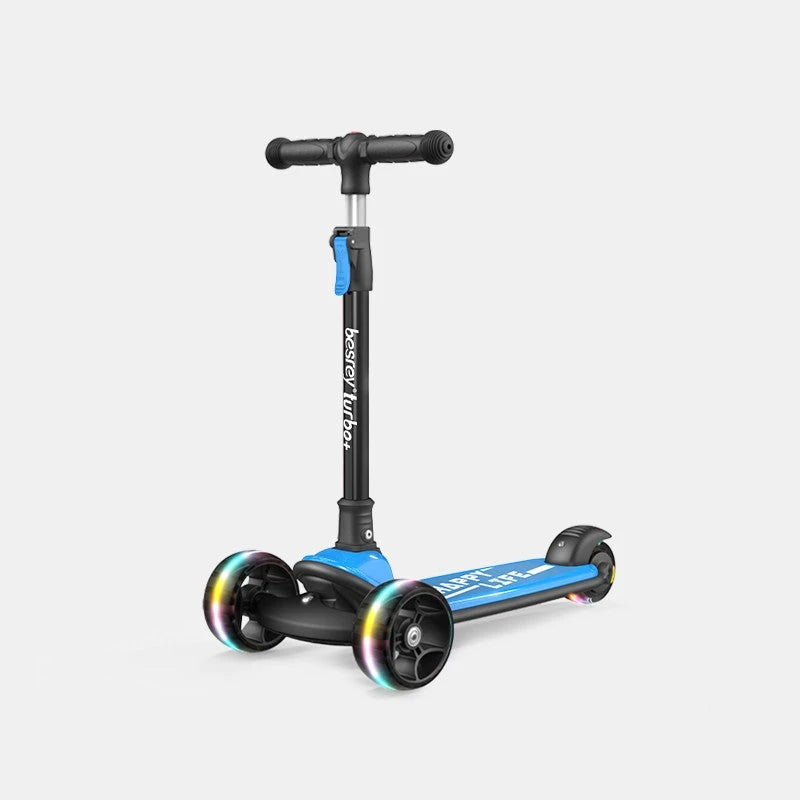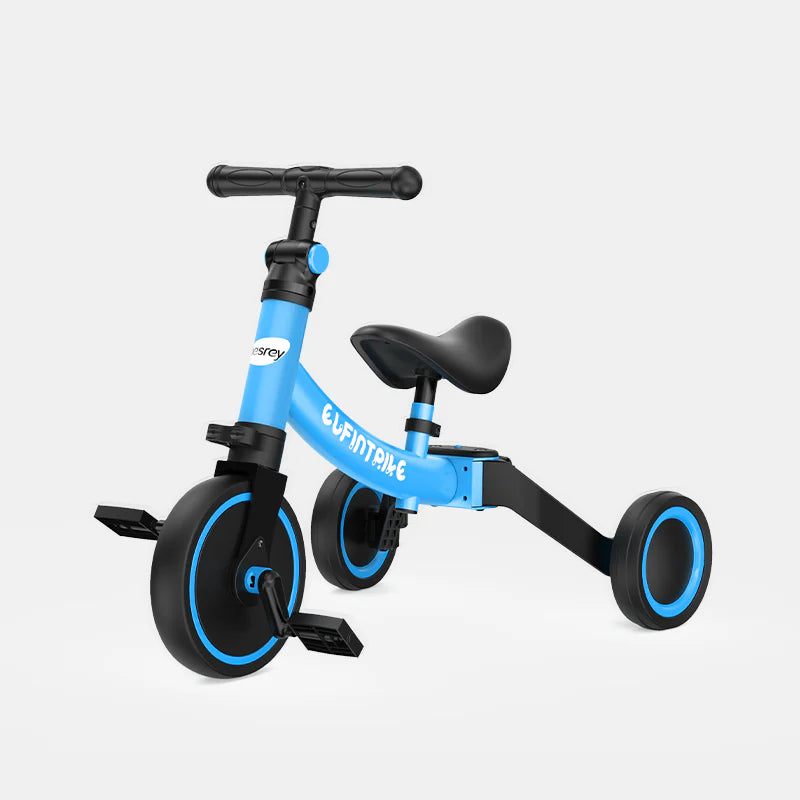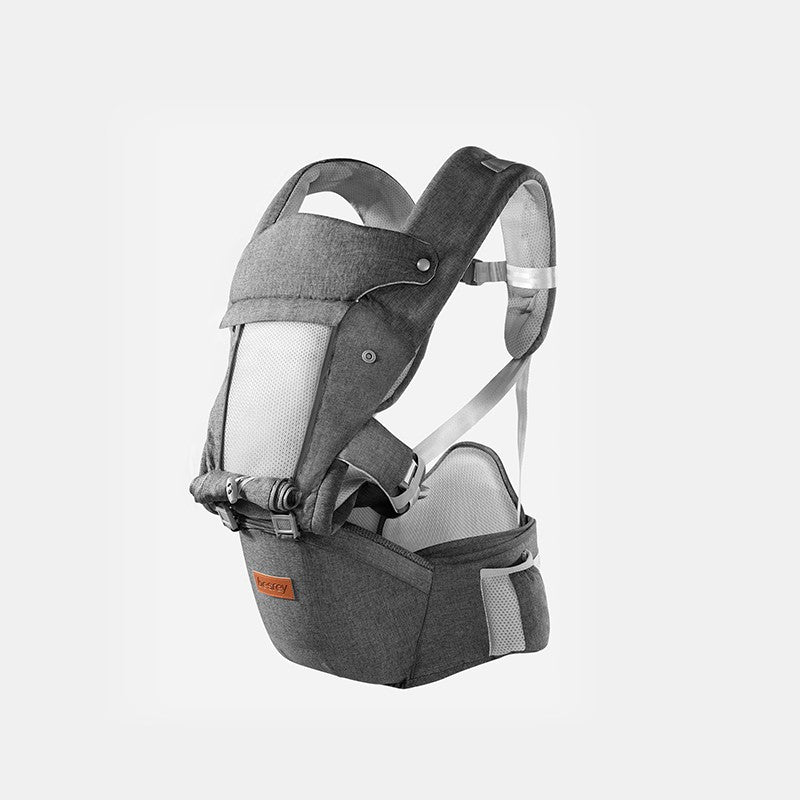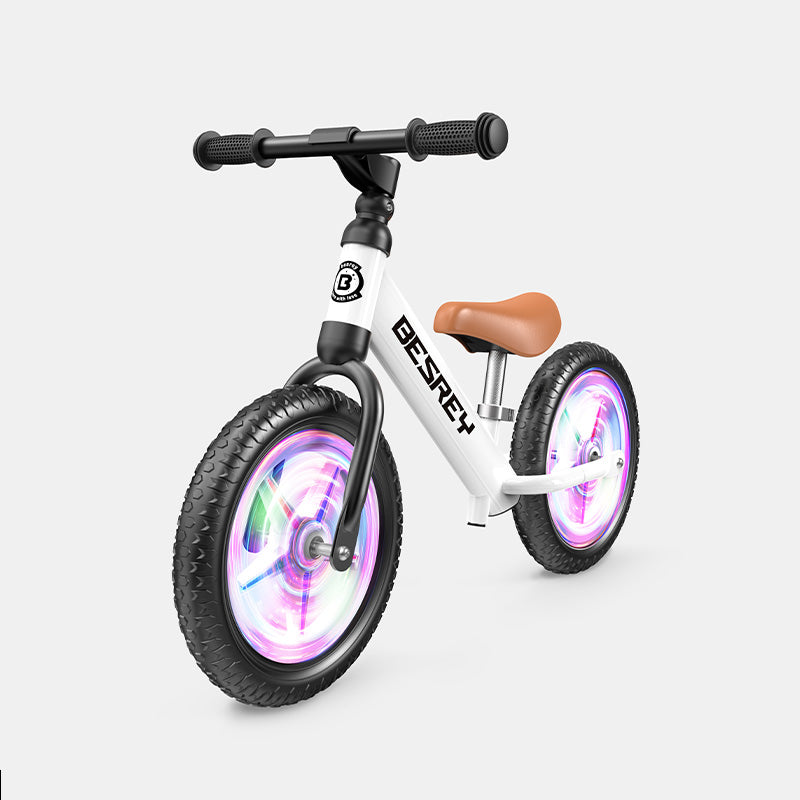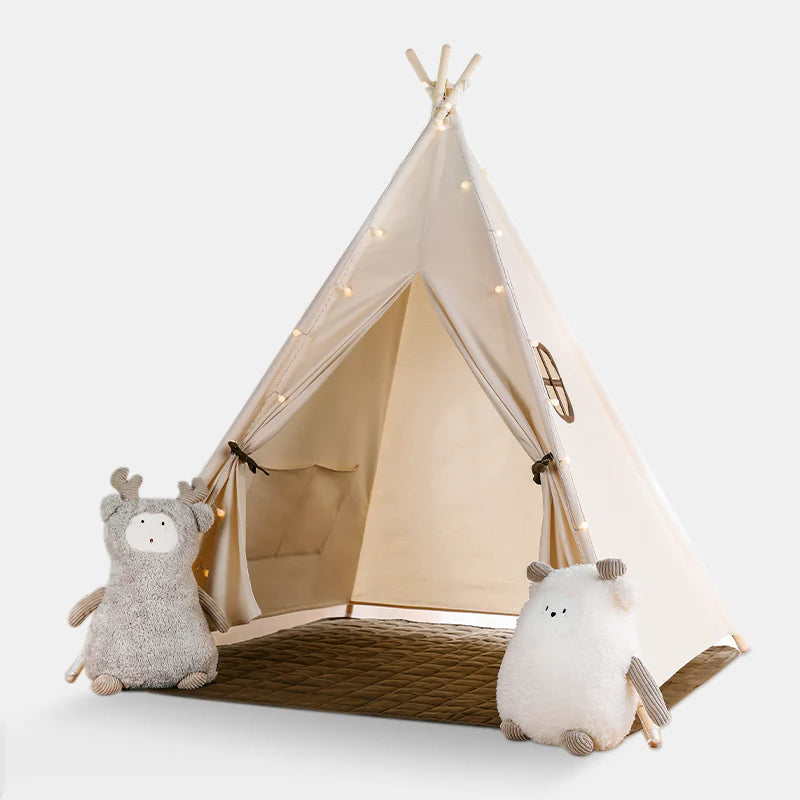Besrey- Sep 026 2025
Fostering Children's Independence and Life Skills

Achild’s independence just show up one day. It builds in small, often overlooked moments when they reach for the light switch before you do, decide which shoes to wear, or quietly try to zip their jacket without asking for help. These aren’t big achievements. But they matter, because each one teaches them they’re capable.
It can be hard to step back, especially when you’re in a hurry. Letting your child struggle with a sock or pour their own drink takes longer. It’s not always neat. But doing things for them doesn’t teach them how to do it themselves. At some point, the helping becomes the holding back.
Let Them Struggle (Just a Little)
There’s a fine line between supporting and stepping in. As adults, we’re used to efficiency—getting things done quickly and neatly. Kids don’t work that way. Learning how to do something on their own takes time, and it’s rarely tidy.
When a preschooler puts on their shoes the wrong feet or spills half the cereal trying to pour a bowl, it’s tempting to correct them right away. But those small struggles are part of the process. It’s tempting to jump in and fix things, especially when you know how. But letting them fumble through it has value. If something’s off, like shoes on the wrong feet, you can point it out without taking over. A quick “How do those feel?” gives them space to figure it out.

Create Space to Practice
Independence doesn’t happen quickly. Kids need space and time to practice everyday skills without a lot of pressure. That might mean a low hook for their backpack, a stool at the sink, or a basket where they can pick out their own clothes. Setups like these invite them to try things on their own, without needing to ask for help every time.
Start with routines they see daily. Washing hands, putting away toys, clearing dishes after a meal. These don’t have to be formal lessons—just small, consistent chances to act on their own. Over time, kids begin to take ownership of those roles, not because they’re told to, but because they’ve practiced enough to feel confident doing it.
Give Them a Say (Without Giving Up Control)
Young kids don’t get to decide much, which is part of why they push back so hard when they do. Offering choices within boundaries gives them some control while keeping things on track.
This doesn’t mean handing over the schedule. It’s more like, “Do you want to wear the red shirt or the blue one?” or “Would you rather brush your teeth before or after your pajamas?” You’re still steering the ship—they just get to pick the direction now and then.
It’s not about the shirt or the snack. It’s about learning how to make a decision and follow through. Some days they’ll pick the snack and forget to eat it. That’s part of the learning, too.
Model, Then Step Back
Raising an independent child doesn’t mean expecting them to be self-sufficient overnight. It’s a slow build. What starts as zipping up a jacket on their own eventually turns into packing their lunch, solving their own problems, and handling bigger responsibilities with less oversight.
There will be setbacks. Tears over tangled shoelaces. Forgotten library books. Mornings that take twice as long. But those are growing pains, not failures. Independence isn’t about getting it right the first time. It’s about trying again.
In the end, it’s not about raising kids who never need you. It’s about raising kids who believe they can do things, even when they’re hard, and who know they have a steady hand nearby, just in case.

Raising an Independent Child
Raising an independent child doesn’t mean expecting them to be self-sufficient overnight. It’s a slow build. What starts as zipping up a jacket on their own eventually turns into packing their lunch, solving their own problems, and handling bigger responsibilities with less oversight.
There will be setbacks. Tears over tangled shoelaces. Forgotten library books. Mornings that take twice as long. But those are growing pains, not failures. Independence isn’t about getting it right the first time. It’s about trying again.
In the end, it’s not about raising kids who never need you. It’s about raising kids who believe they can do things, even when they’re hard, and who know they have a steady hand nearby, just in case.

